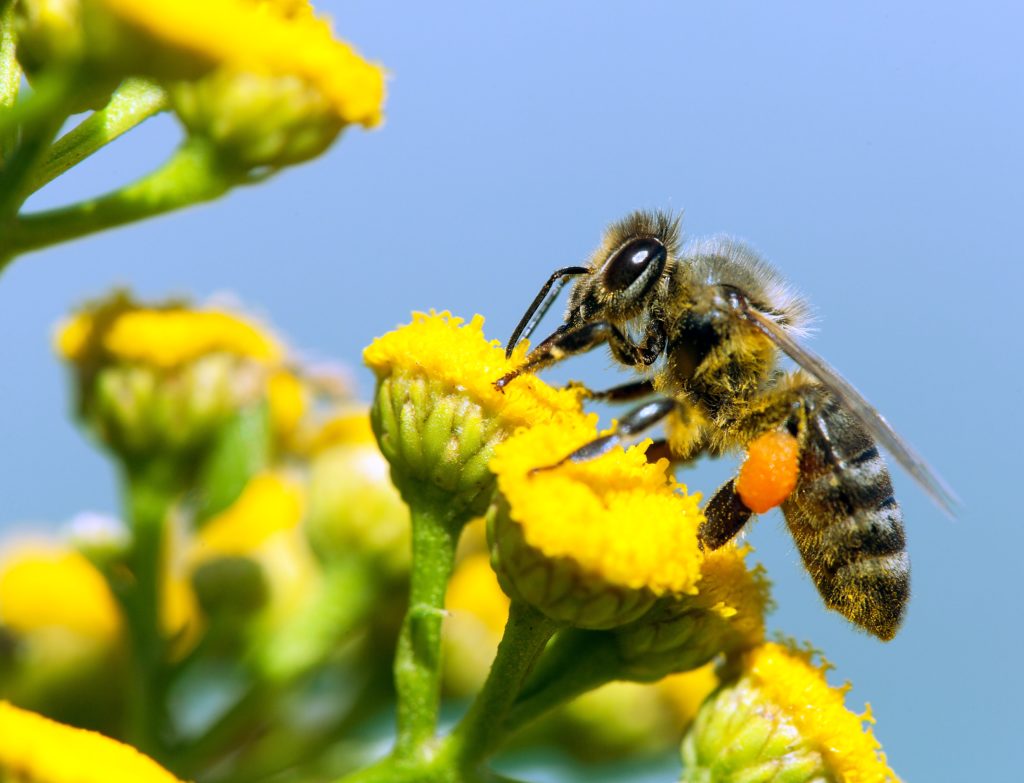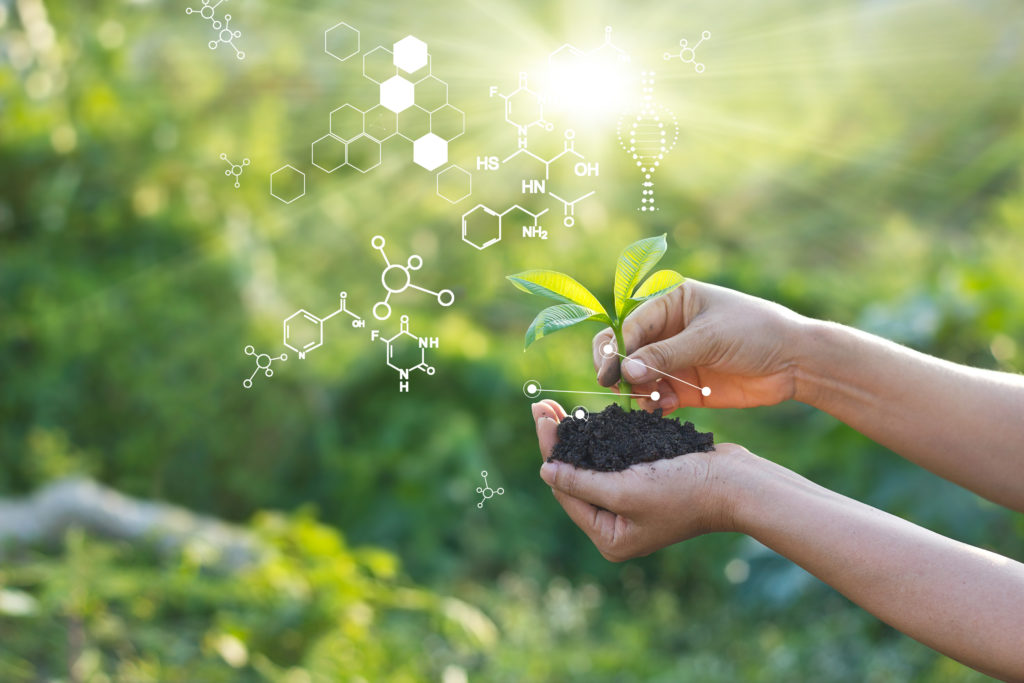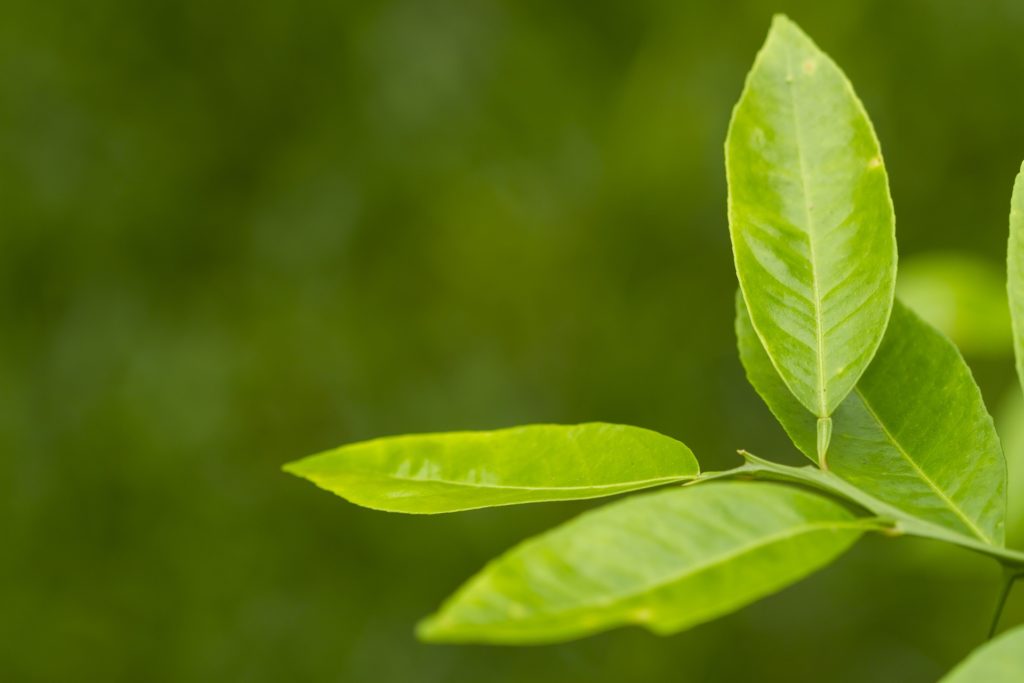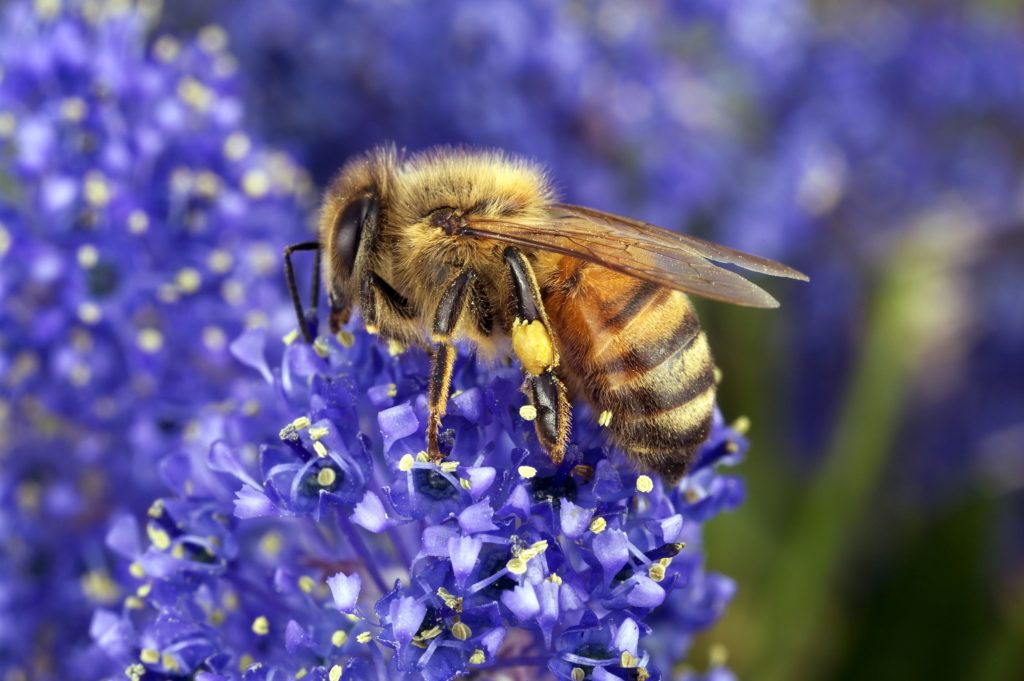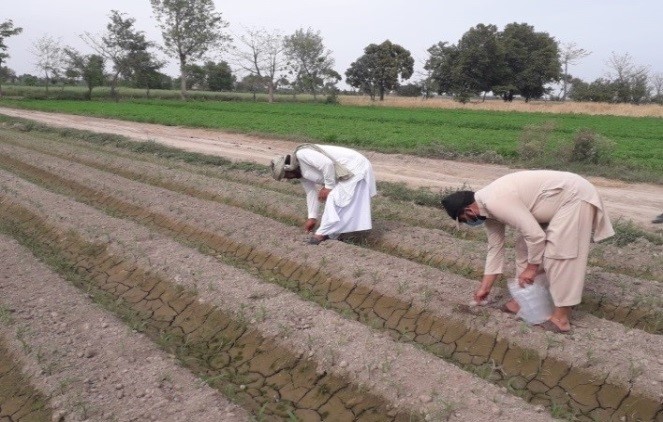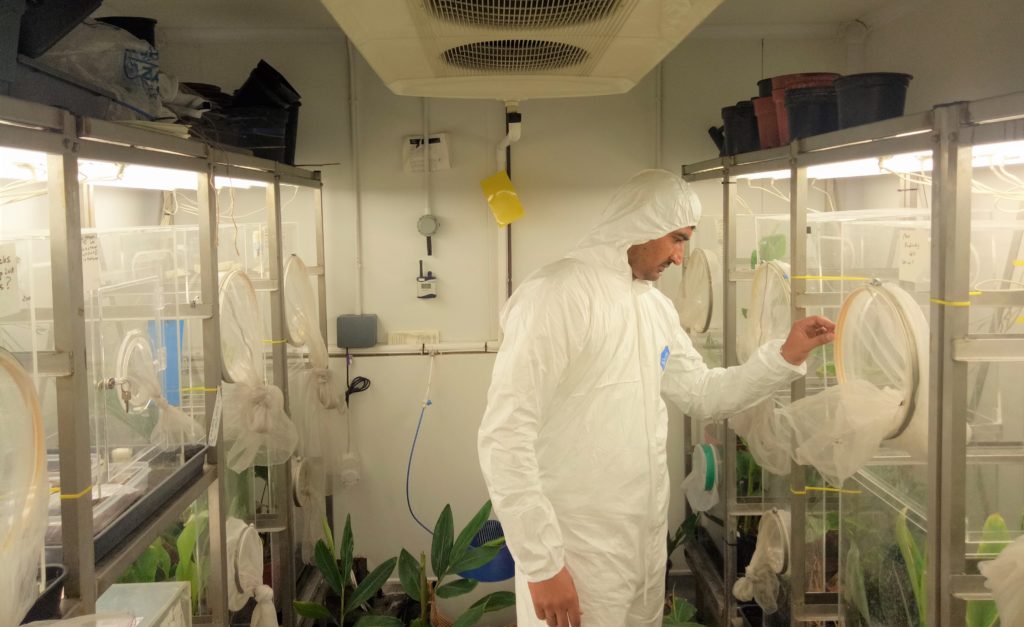On Earth Day, how does landscape composition and pesticide use affect pollinators?
On Earth Day, we take a look at landscape composition and pesticide use. Landscape composition is an important area of research in agricultural science. Understanding the relationship between cropland and its surrounding natural habitats, for example, can help to shed light on issues such as fostering natural, non-chemical pest control and reducing the use of…
3 ways that preprints help researchers in agricultural and plant sciences
The use of preprints (pre-peer reviewed versions of scholarly papers) has accelerated in the last few years with many researchers now sharing their latest work with the scientific community before or in parallel to publication with a journal. After a slower start compared to other research fields, adoption of preprints in the plant sciences and…
Top 10 most downloaded CAB eBooks of 2020
For many students, 2020 was their most challenging yet – if not in terms of subject matter, then almost certainly in terms access to study materials. With many students working remotely, away from the convenience of campus and the university library, eBooks became more important than ever before. During the global pandemic, we saw the…
International Day of Forests 2020 – ‘ecosystem services’ and forests to be thankful for
In 2012, the United Nations declared that the 21st March would be the International Day of Forests. This day raises the awareness of the importance of forests and their biodiversity, and on this day communities and nations are encouraged to undertake activities and discussions that celebrate and safeguard these habitats. On the International Day of…
Providing for bees in forest regeneration projects
Restoring pollinator populations should be prioritised for long-term effectiveness in forest restoration programmes According to the World Bank, 1.3 million km2 of forest was lost to human activities between 1990 and 2016, and deforestation rates have been increasing. With the threat of massive biodiversity losses and mounting evidence of the importance of forests in combatting climate change, efforts…
CABI’s 2019 books of the year
As the end of the year approaches, here at CABI we’re taking the time to reflect on some of our favourite books of 2019. Covering a wide range of subject areas, titles have made it on to this list for various reasons, from hotly anticipated new editions of popular titles, to innovative research in brand…
Field trials of biocontrol product are paving way for aflatoxins control in Pakistan
By Dr Sabyan Faris Honey, CABI, and Deborah Hamilton, USDA CABI as lead implementing partner along with its technical partner, Pakistan Agricultural Research Council (PARC) is working on a public-private partnership program led by U.S. company, Ingredion and its Pakistani subsidiary, Rafhan Maize to protect health and nutrition of Pakistan’s citizens by keeping food supply…
From Islamabad to Egham: Sharing quarantine best practice to fight Parthenium weed in Pakistan
Biocontrol Research Officer Dr Kazam Ali from Islamabad has undergone an intensive week-long quarantine management course delivered by CABI colleagues in Egham, UK, as part of a joint focus on fighting the highly invasive and destructive Parthenium weed in Pakistan. Dr Ali, who works at a new quarantine facility built to create greater capacity for…

